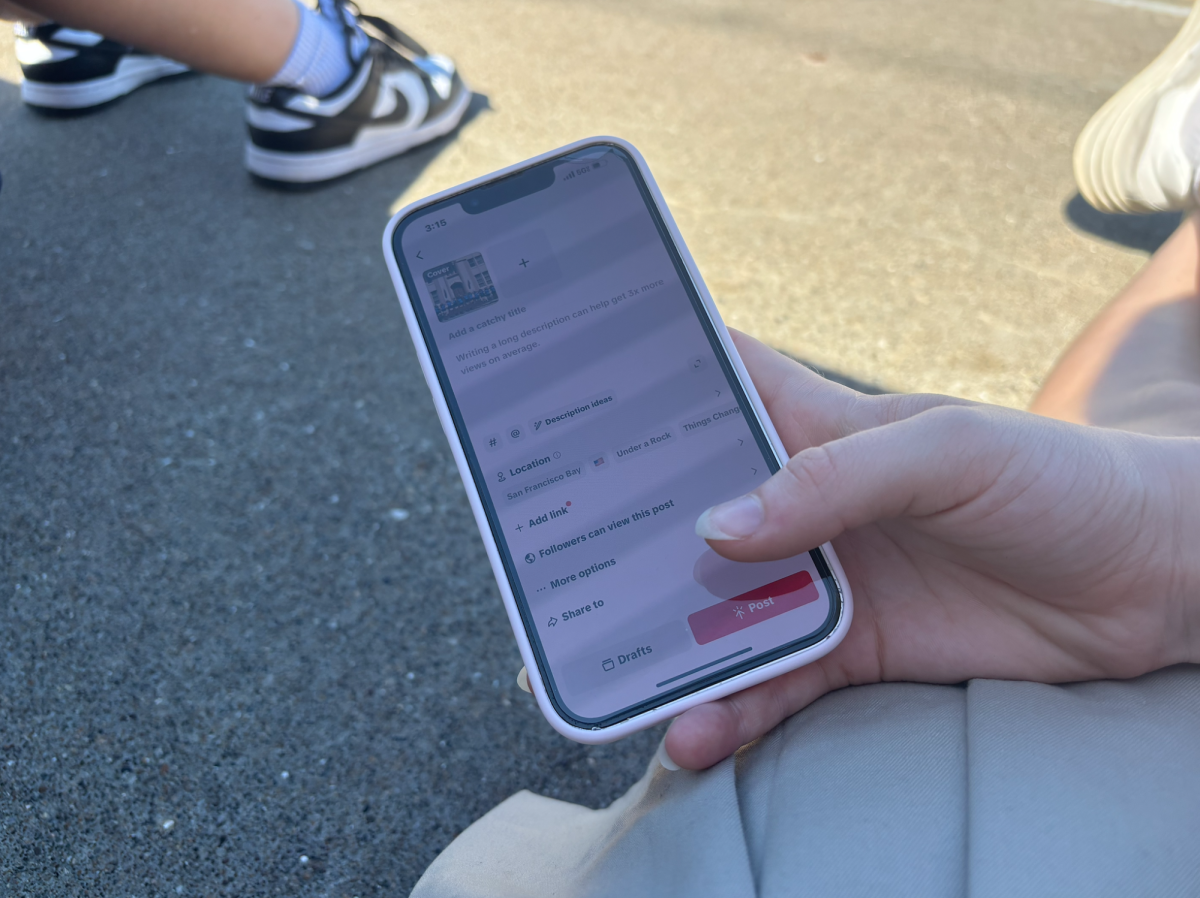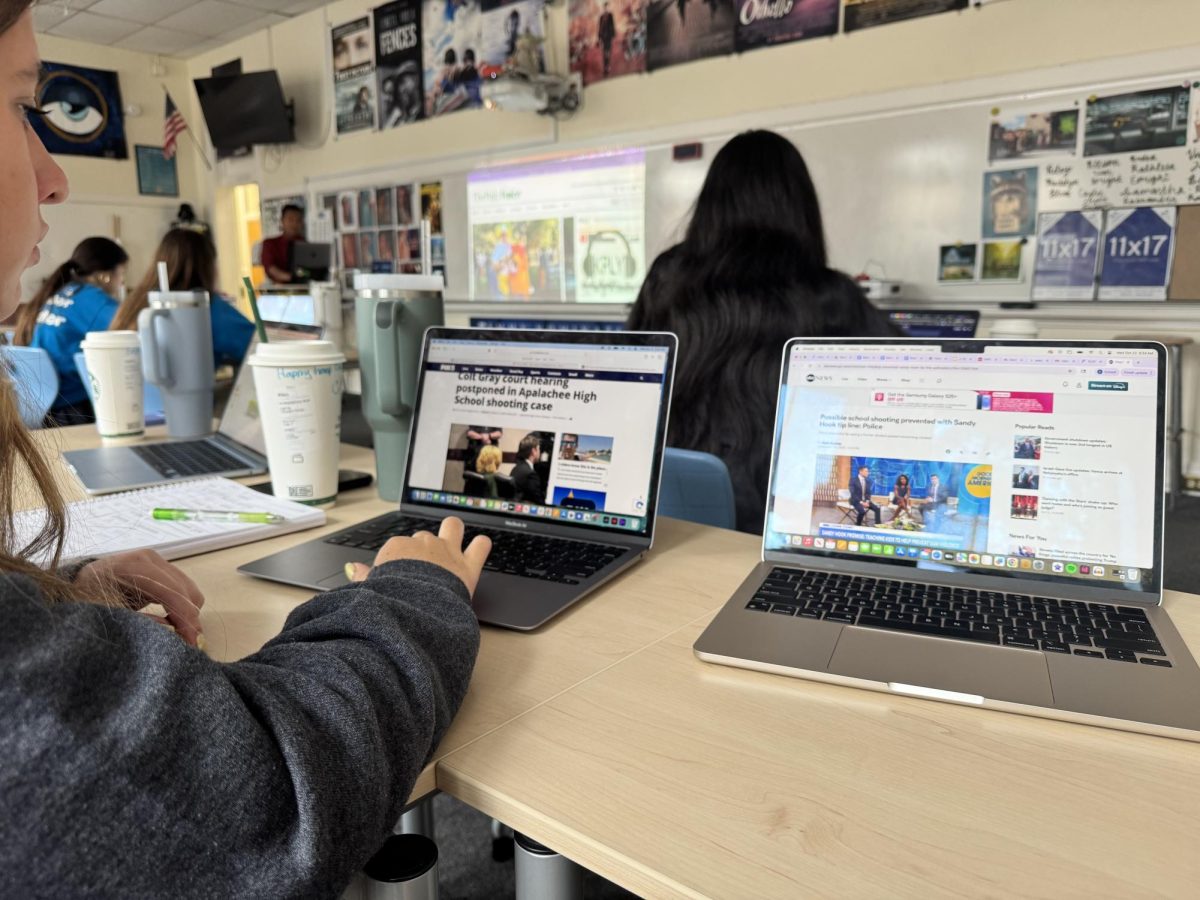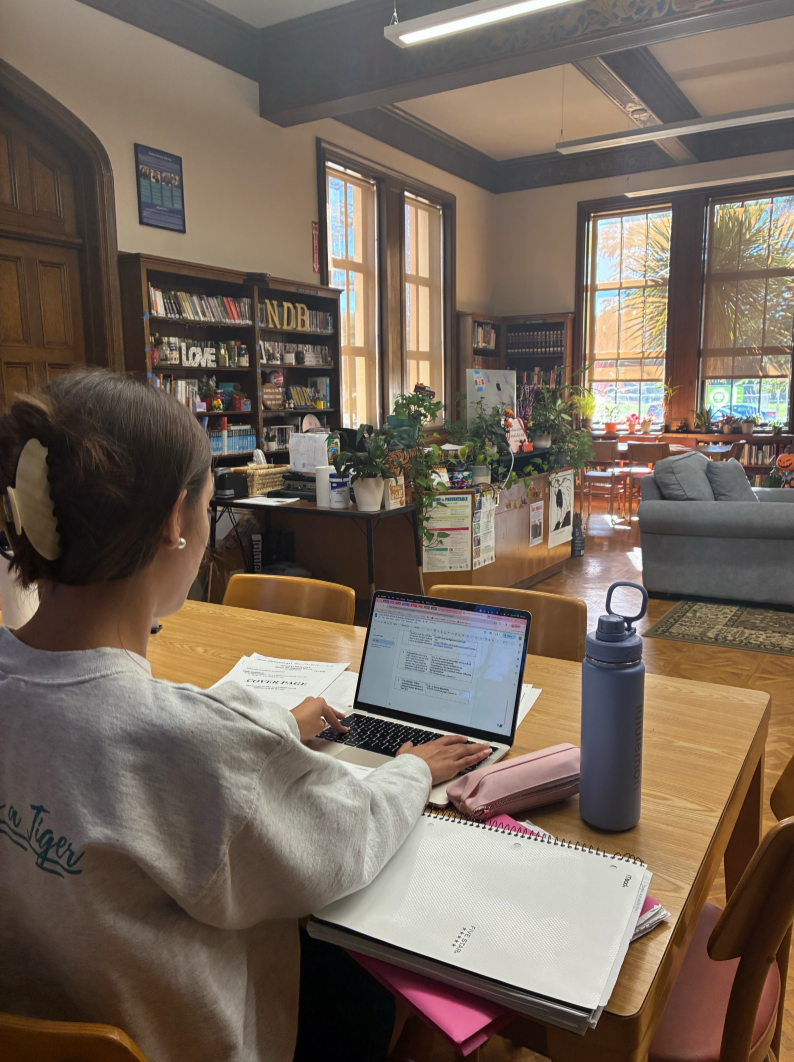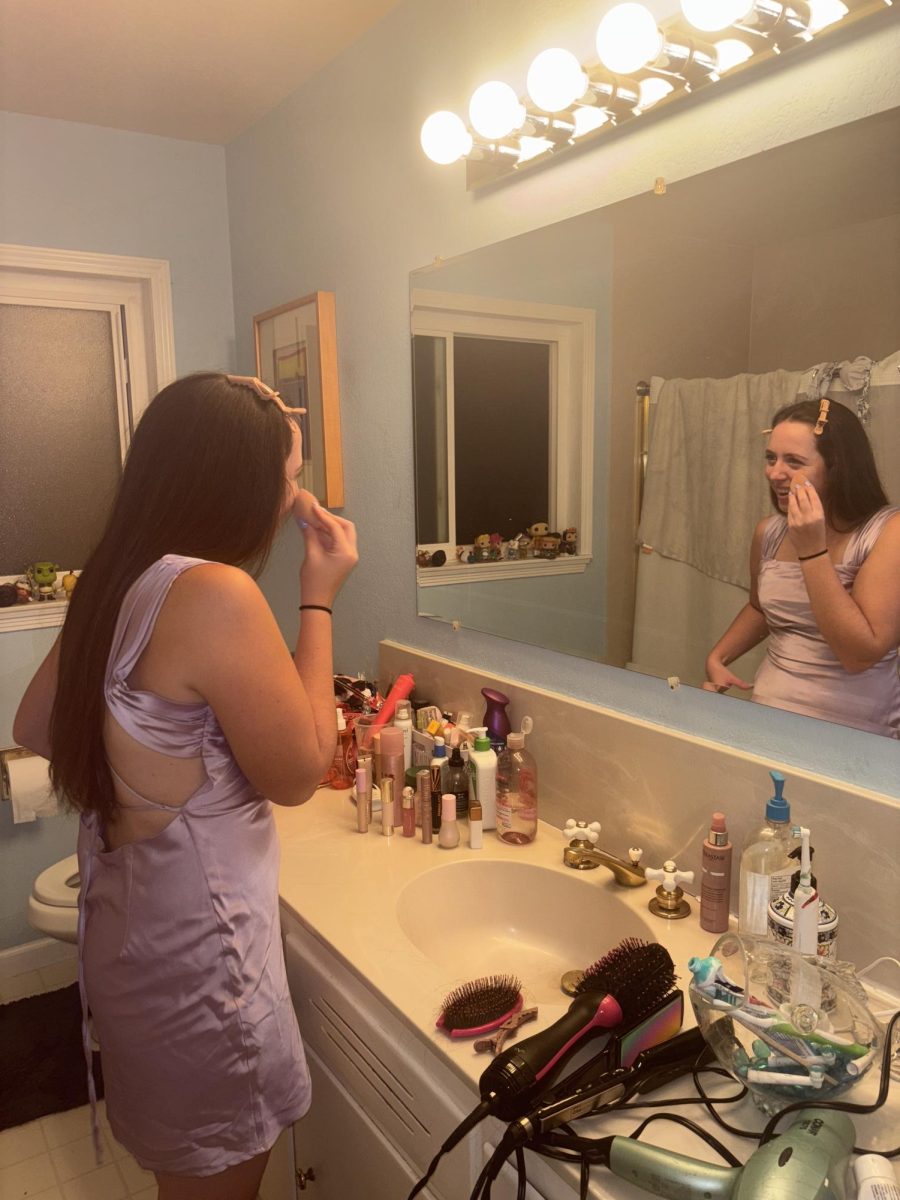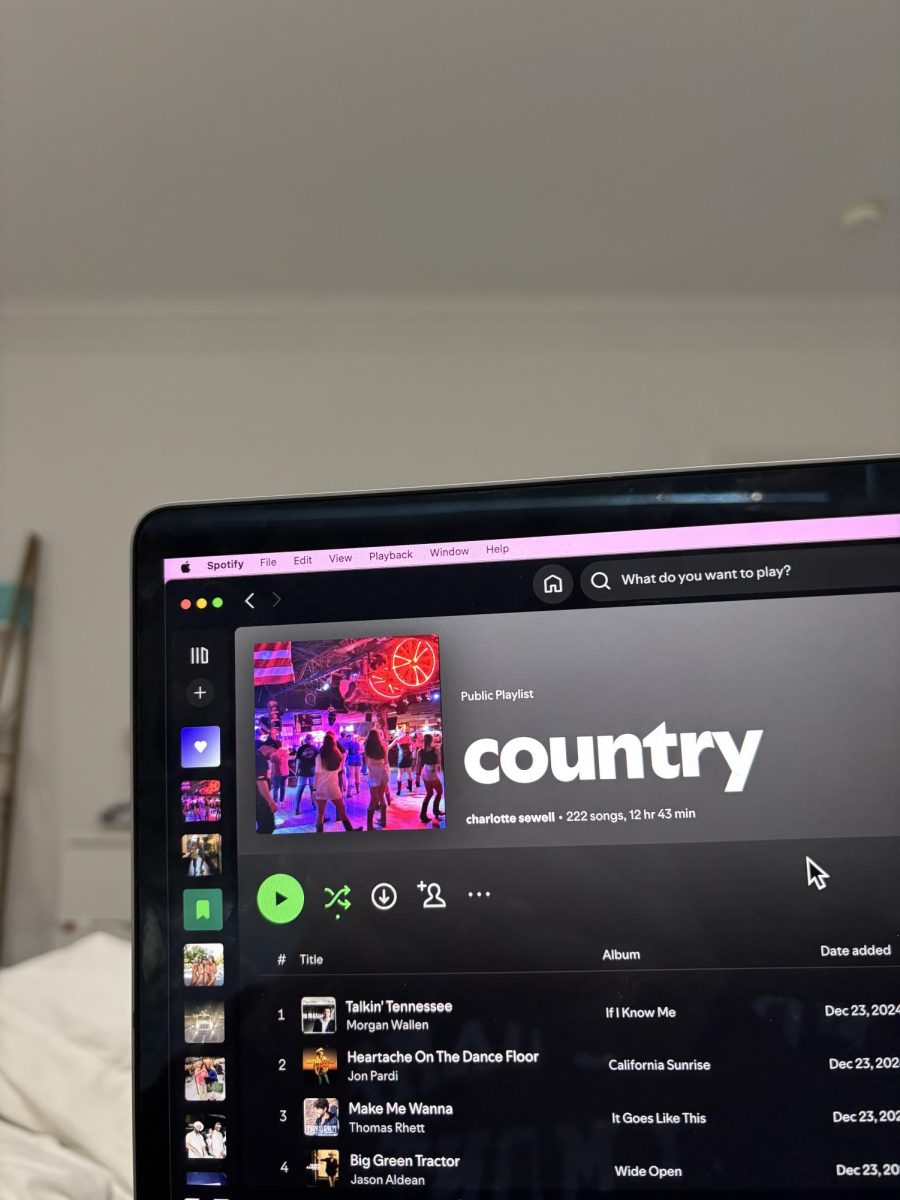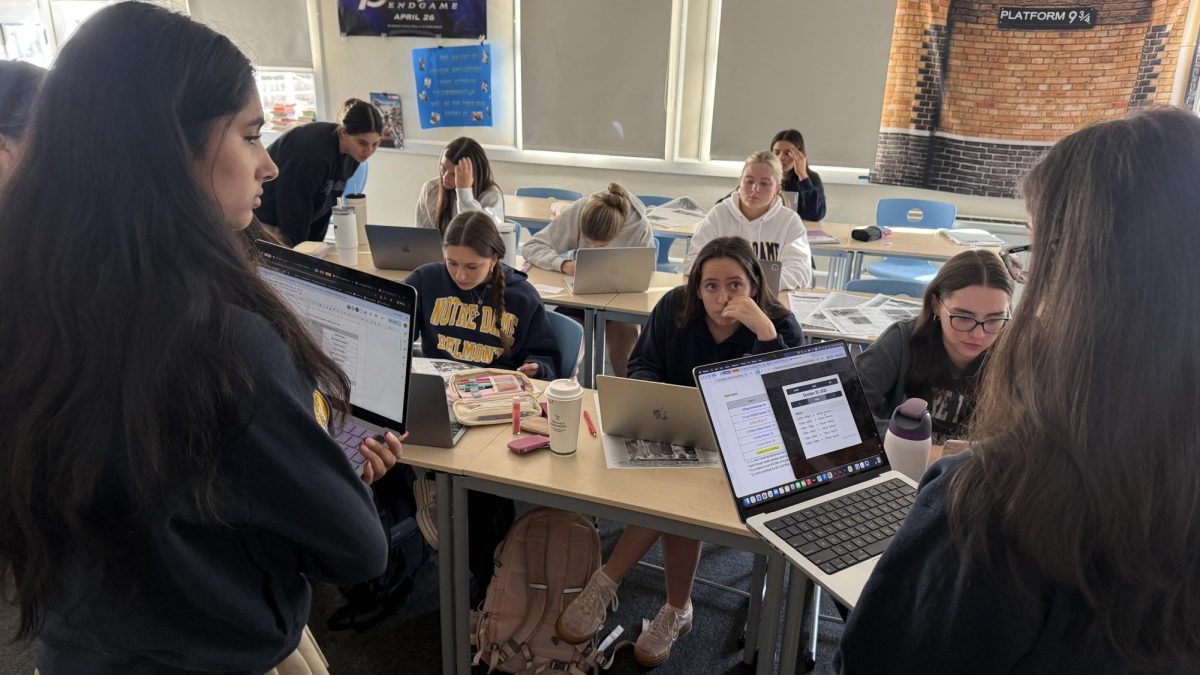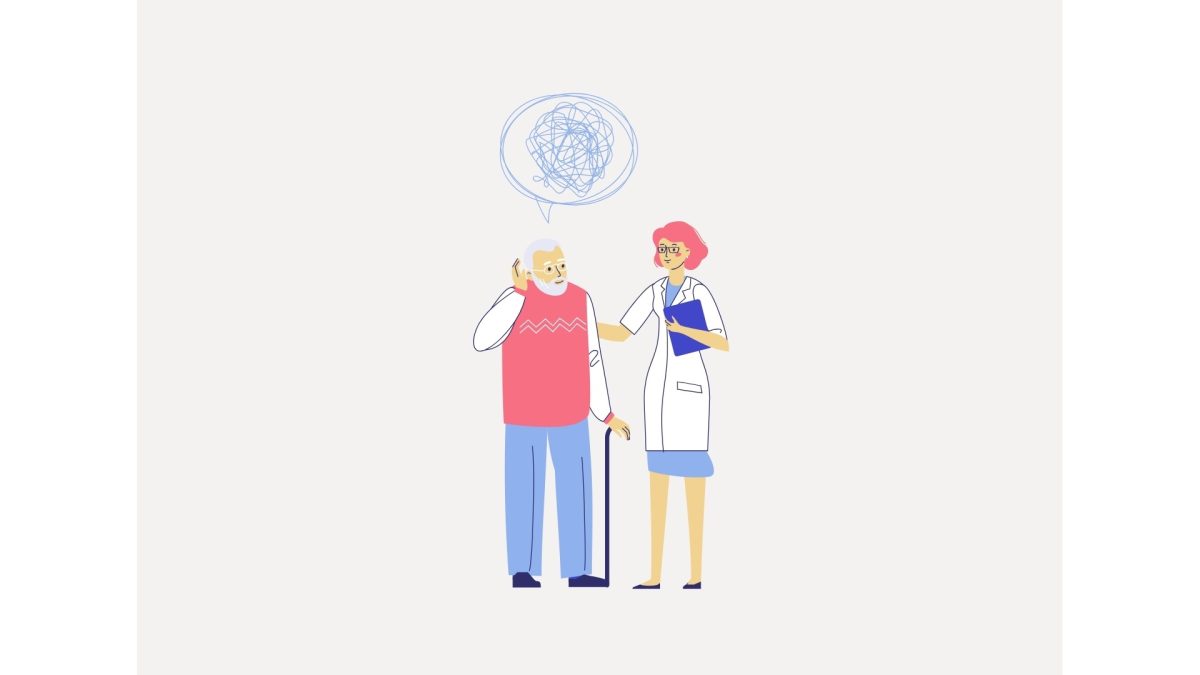Have you ever deleted a text or erased a comment because it might upset someone? I myself am guilty of this. It happens to the best of us. You think, maybe this opinion is too risky, maybe they’ll judge me, maybe I’ll regret it later. So instead of saying what’s on your mind, you stay quiet. And before you know it, real conversations disappear.
Why do we feel this way? Part of it is social media. One small mistake can blow up overnight, and suddenly everyone is watching, liking, commenting, judging. Schools don’t help much either. They tell us to be polite, avoid conflict, pick our words carefully, all of which sounds good in theory. But that kind of environment rewards safety over honesty. Even in friend groups, talking about politics or personal issues can feel like walking on a tightrope. You never know who will get upset.
The result is self-evident. Students remain silent. Opinions, experiences and questions about social issues go unspoken. Conversations become surface-level, and chances to challenge perspectives or learn from others disappear.
Honest dialogue matters. Making mistakes and disagreeing respectfully is part of growing. Sharing your thoughts, even when they’re imperfect, can help you see perspectives you never considered. Without that openness, important topics like politics, identity and social change stay off-limits. And when we stop talking, progress stalls.
There are ways to create change. Listening to others, respecting different views and knowing the difference between harmful language and disagreement can make spaces safer for honest conversation. Friendships do not have to end over opposing opinions, and normalizing disagreement can make discussions deeper and more meaningful, and yes, a little messier, but that’s okay.
At the end of the day, no one is perfect. I still catch myself overthinking texts, posts and even article ideas, but I’m learning that saying what I really think is worth it. Honest conversations can be unpleasant, but they’re also where real understanding happens.

